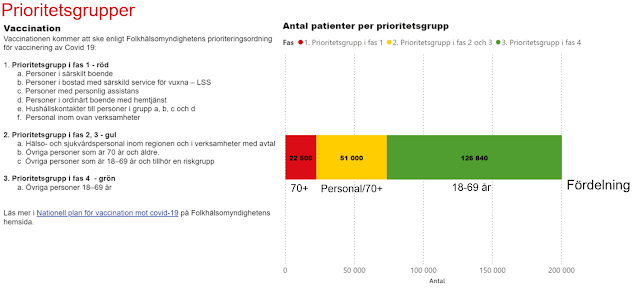Fourth dose mRNA COVID-19 vaccines?
ECDC and EMA issue advice on fourth doses of mRNA COVID-19 vaccines | European Medicines Agency (europa.eu) News 06/04/2022 The European Centre for Disease Prevention and Control (ECDC) and EMA’s COVID-19 task force (ETF) have concluded that it is too early to consider using a fourth dose of mRNA COVID-19 vaccines (Pfizer’s Comirnaty and Moderna’s Spikevax ) in the general population. However, both agencies agreed that a fourth dose (or second booster) can be given to adults 80 years of age and above after reviewing data on the higher risk of severe COVID-19 in this age group and the protection provided by a fourth dose. ECDC and EMA also noted that there is currently no clear evidence in the EU that vaccine protection against severe disease is waning substantially in adults with normal immune systems aged 60 to 79 years and thus no clear evidence to support the immediate use of a fourth dose. Authorities will continue to monitor data to determine if ...
